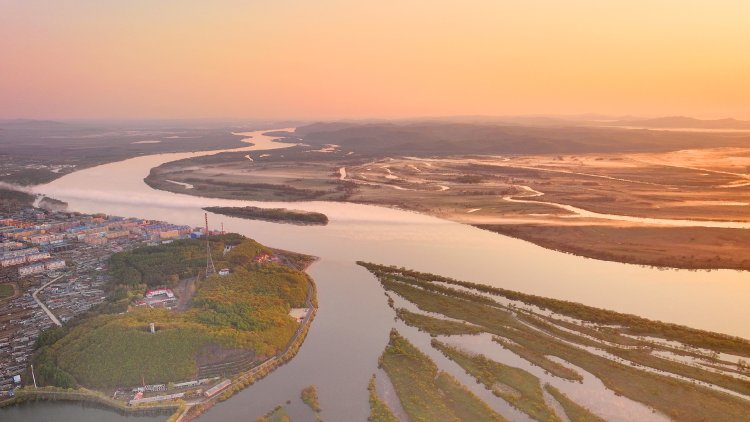Green Knowledge Day: Enhancing Worldwide Environmental Collaboration
Observed on April 15, Environmental Knowledge Day emphasizes the essential importance of environmental education in fostering sustainable development.

The observance originated from the 1992 United Nations Earth Summit in Rio de Janeiro, Brazil. It is especially recognized in countries like Russia and Uzbekistan. In Russia, the day has been officially observed since 1996, coinciding with the launch of a nationwide initiative focused on preventing environmental hazards.
Uzbekistan regards environmental education as a national priority and has established the Central Asian Green University to improve public awareness of climate issues and sustainability.
China and Russia have consistently broadened their collaboration in green development. This partnership not only benefits their respective nations but also contributes positively to regional and global progress.
In September 2022, Russia inaugurated its first electric vehicle plant, designed to produce 100,000 units annually. The facility receives spare parts from Chinese manufacturers.
The two countries formalized their collaboration on environmental issues in 2006 by signing a memorandum of understanding for joint monitoring of transboundary water quality. Since 2007, they have conducted joint monitoring efforts across nine sections of five transboundary water bodies: the Ergun, Heilongjiang, Ussuri, and Suifen rivers, as well as Xingkai Lake.
Technical workshops are regularly organized to facilitate exchanges on water quality monitoring technologies. These initiatives have contributed to the stabilization of water quality in border rivers and have supported ecological restoration efforts in adjacent regions.
China and Russia have also strengthened their partnership in areas such as endangered species protection, emergency environmental response, solid waste management, and climate change. Their cooperation has advanced steadily and has become increasingly aligned within multilateral frameworks like the Shanghai Cooperation Organization and BRICS.
Meanwhile, China and Uzbekistan have pursued extensive environmental collaboration. A memorandum of understanding on environmental protection was signed in 2007, laying the groundwork for technical exchanges and policy alignment.
In 2019, Uzbekistan's International Innovation Center of the Aral Sea Basin signed a cooperation agreement with the Xinjiang Institute of Ecology and Geography under the Chinese Academy of Sciences, focusing on land degradation and ecological restoration in the Aral Sea region.
In 2024, a new agreement aimed at enhancing environmental protection cooperation was established, focusing on environmental governance, low-carbon technologies, and capacity building.
Environmental Knowledge Day serves as not only a platform for exchange but also as a catalyst for environmental education and international action.
Ongoing collaborations among academic and research institutions lead to benefits for global ecosystems, with the partnerships between China and Russia, as well as China and Uzbekistan, exemplifying this shared commitment.
Max Fischer contributed to this article for TROIB News
Discover more Science and Technology news updates in TROIB Sci-Tech












